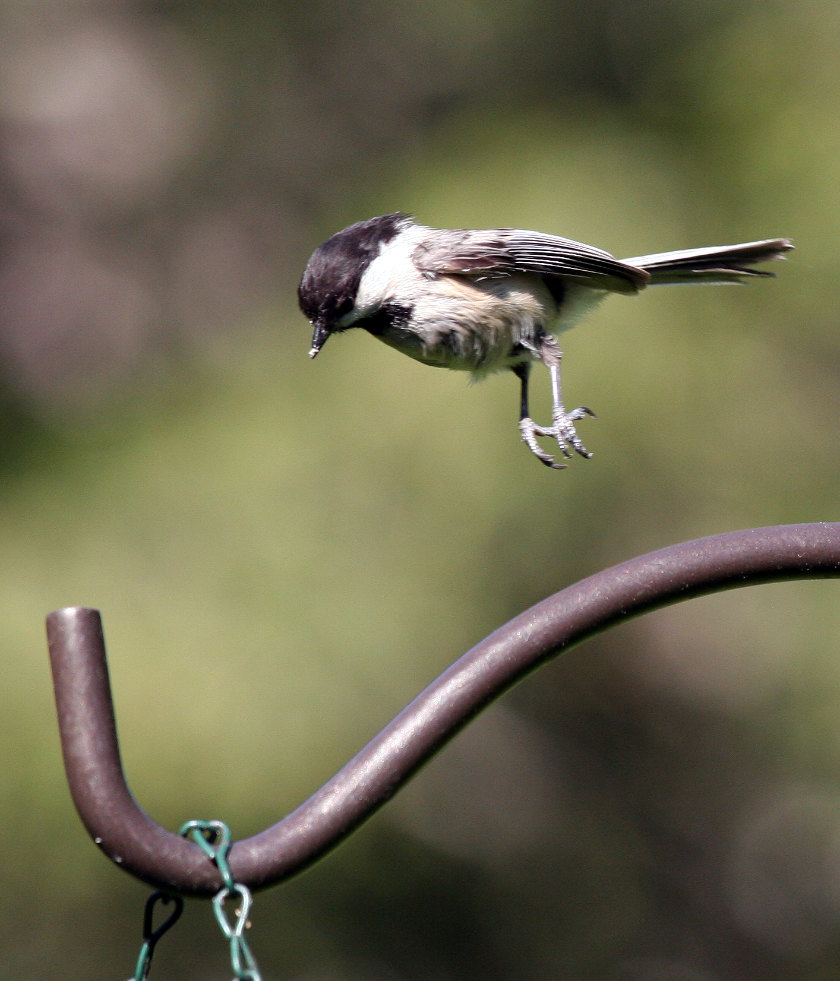
Dawn Huczek/Creative Commons 2·0
This Tweet was probably half in jest:
Twitter 2009.
I like apples.
I like pears.
That’s cool.
Yeah.Twitter 2018.
I like apples.
So you’re anti pears then.
No, I just prefer apples.
So you hate pears.
I never said that.
Fucking pear hater.
I don’t hate pears!
Yes you do. You make me sick. Scum.— Amanda (@Pandamoanimum) September 13, 2018
Then, within days, it played out pretty much exactly like this when Frank Oz Tweeted that he did not conceive of Bert and Ernie as gay. Or how Wil Wheaton can never seem to escape false accusations that he is anti-trans or anti-LGBQ, to the point where he left Mastodon. In his words (the link is mine):
I see this in the online space all the time now: mobs of people, acting in bad faith, can make people they don’t know and will likely never meet miserable, or even try to ruin their lives and careers (look at what they did to James Gunn). And those mobs’ bad behaviors are continually rewarded, because it’s honestly easier to just give them what they want. We are ceding the social space to bad people, because they have the most time, the least morals and ethics, and are skilled at relentlessly attacking and harassing their targets. It only takes few seconds for one person to type “fuck off” and hit send. That person probably doesn’t care and doesn’t think about how their one grain of sand quickly becomes a dune, with another person buried beneath it.
It highlights just how far ahead of the game Stephen Fry was when he abandoned Twitter for a time in 2016:
Oh goodness, what fun twitter was in the early days, a secret bathing-pool in a magical glade in an enchanted forest … But now the pool is stagnant …
To leave that metaphor, let us grieve at what twitter has become. A stalking ground for the sanctimoniously self-righteous who love to second-guess, to leap to conclusions and be offended – worse, to be offended on behalf of others they do not even know … It makes sensible people want to take an absolutely opposite point of view.
Not that long ago I was blocked by a claimed anti-Zionist Tweeter who exhibited these very traits, and I had to wonder whether he was a troll who was on Twitter precisely to stir hatred of Palestinians. With bots and fake accounts all over social media (I now report dozens of bots daily on Instagram, which usually responds with about five messages a day saying they had done something, leaving thousands going back years untouched), you have to wonder.
Years ago, too, a Facebook post I made about someone in Auckland adopting an American retail phrase (I forget what it was, as I don’t use it, but it was ‘Black’ with a weekday appended to it) had the daughter of two friends who own a well known fashion label immediately jump to ‘Why are you so against New Zealand retailers?’ I was “unfriended” (shock, horror) over this, but because I’m not Wil Wheaton, this didn’t get to the Retailers’ Association mobilizing all its members to have me kicked off Facebook. It’s a leap to say that a concern about the creeping use of US English means I hate retailers, and all but the most up-tight would have understood the context.
This indignant and often false offence that people take either shows that they have no desire to engage and learn something, and that they are in reality pretty nasty, or that they have one personality in real life and another on social media, the latter being the one where the dark side gets released. Reminds me of a churchgoer I know: nice for a period on Sundays to his fellow parishioners but hating humanity the rest of the decade.
Some decent people I know on Twitter say they are staying, because to depart would let the bastards win, and I admire that in them. For now, Mastodon is a friendly place for me to be, even if I’m now somewhat wary after the way Wheaton was treated, but the way social media, in general, are is hardly pleasing. Those of us who were on the web early had an ideal in mind, of a more united, knowledgeable planet. We saw email become crappier because of spammers, YouTube become crappier because of commenters (and Google ownership), and Wikipedia become crappier because it has been gamed at its highest levels, so it seems it’s inevitable, given the record of the human race, that social media would also descend with the same pattern. Like in General Election voting, too many are self-interested, and will act against their own interests, limiting any chance they might have for growth in a fairer society. To borrow Stephen’s analogy, we can only enjoy the swimming pool if we don’t all pee in it.
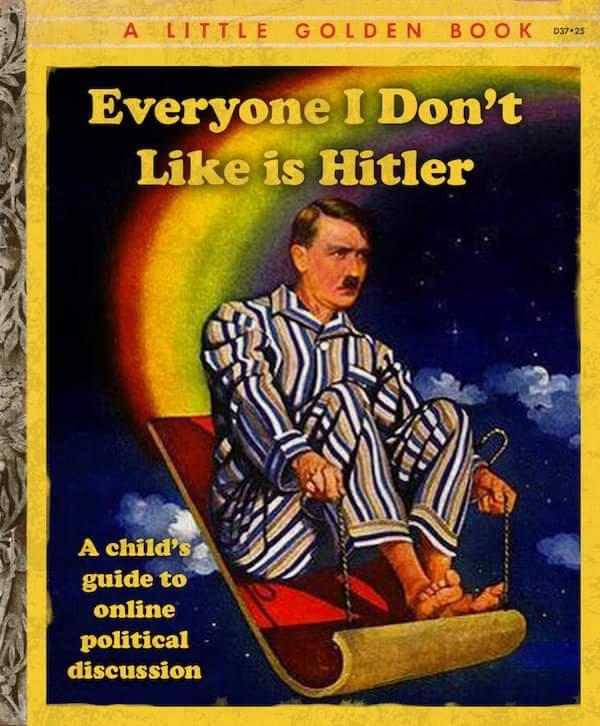
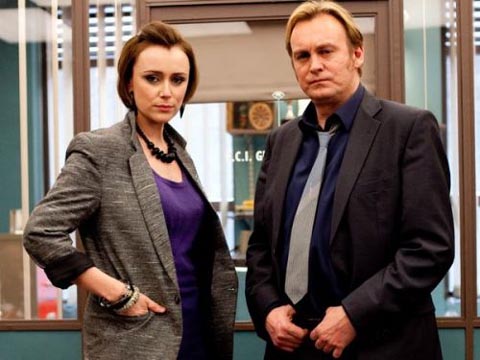
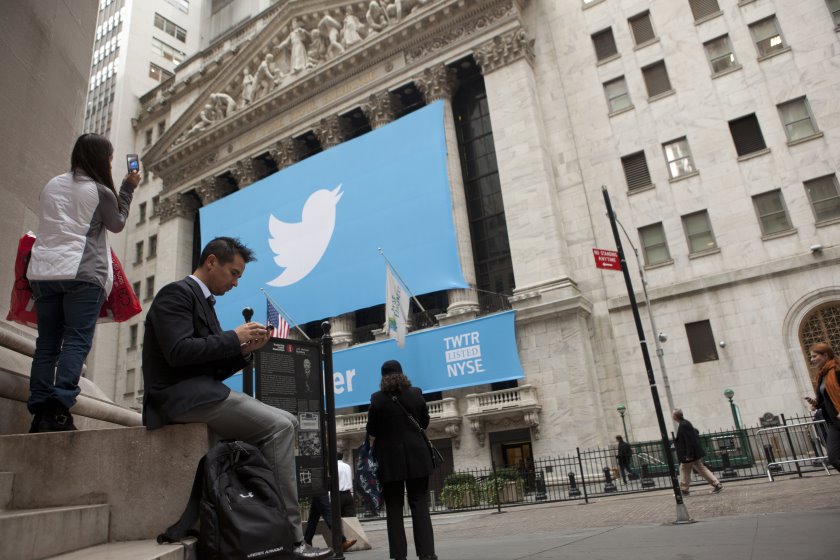

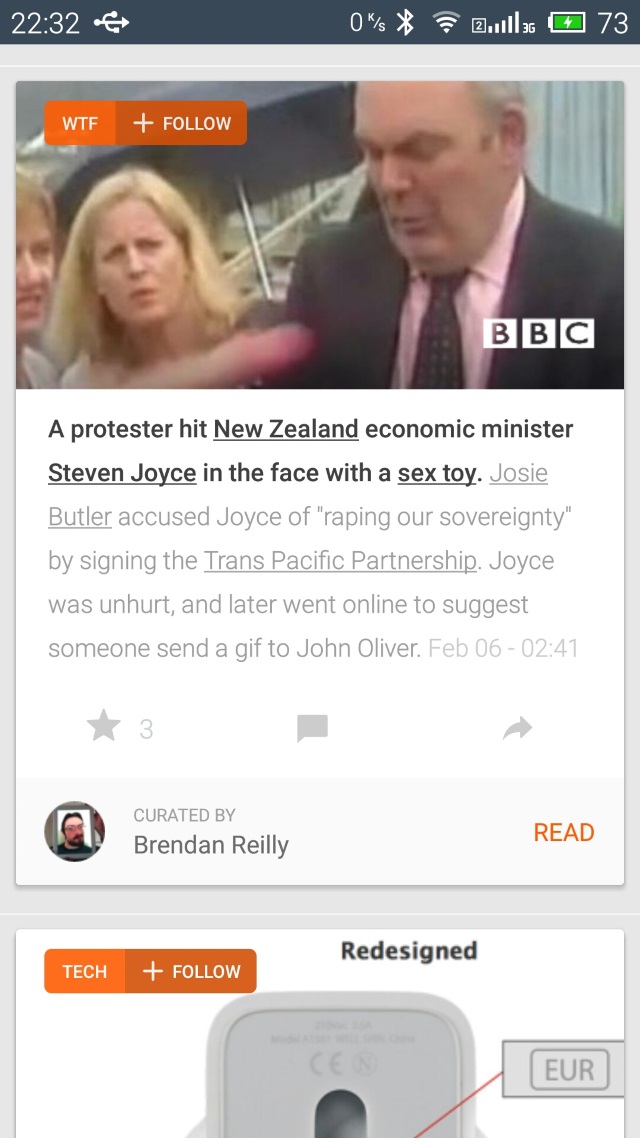
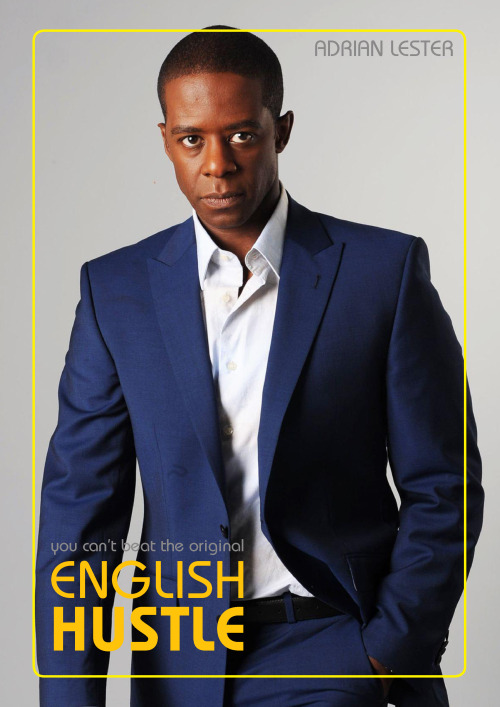

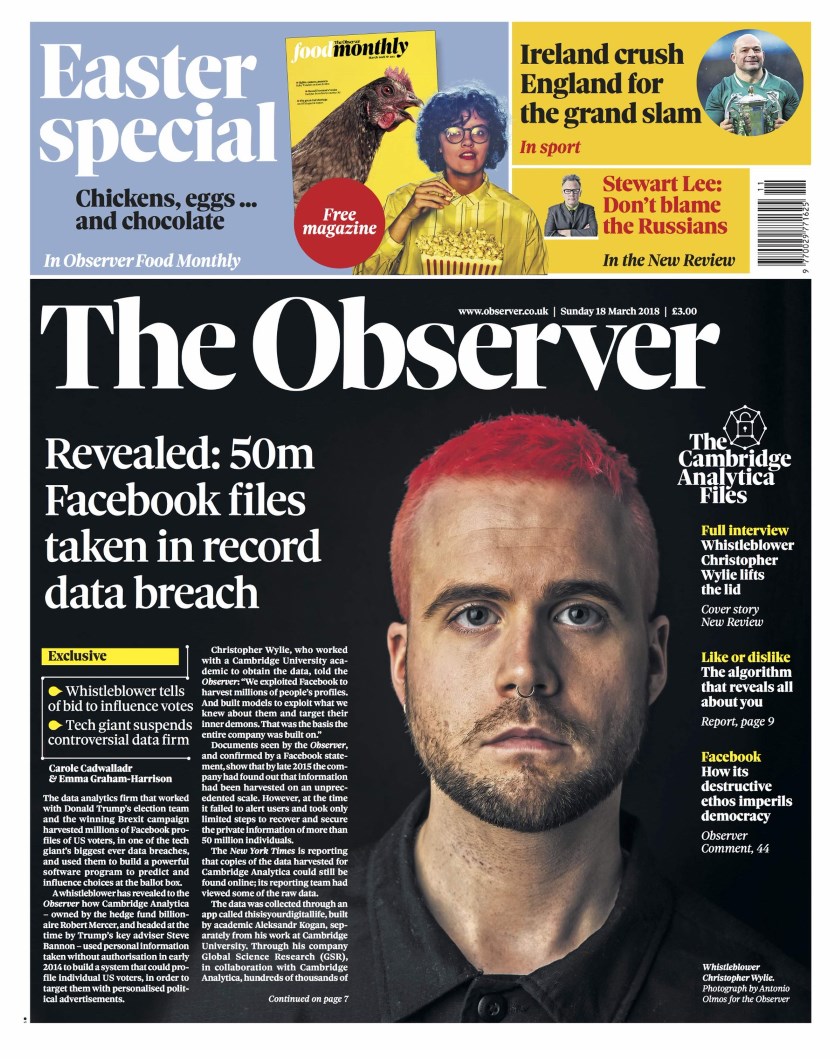
3 thoughts on “The descent of Twitter”